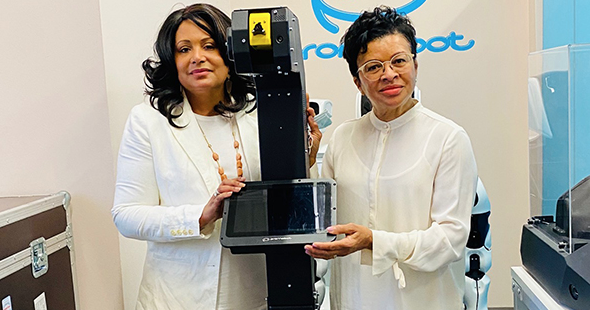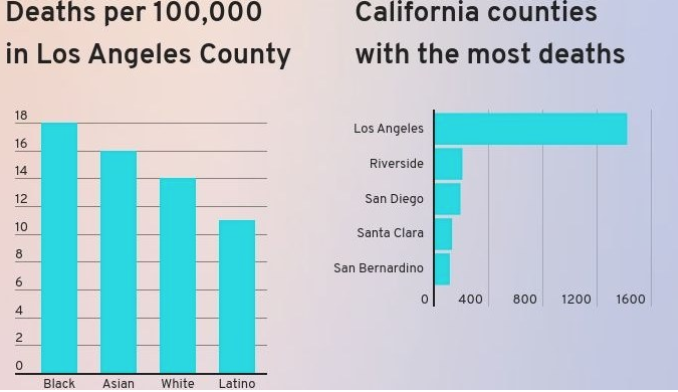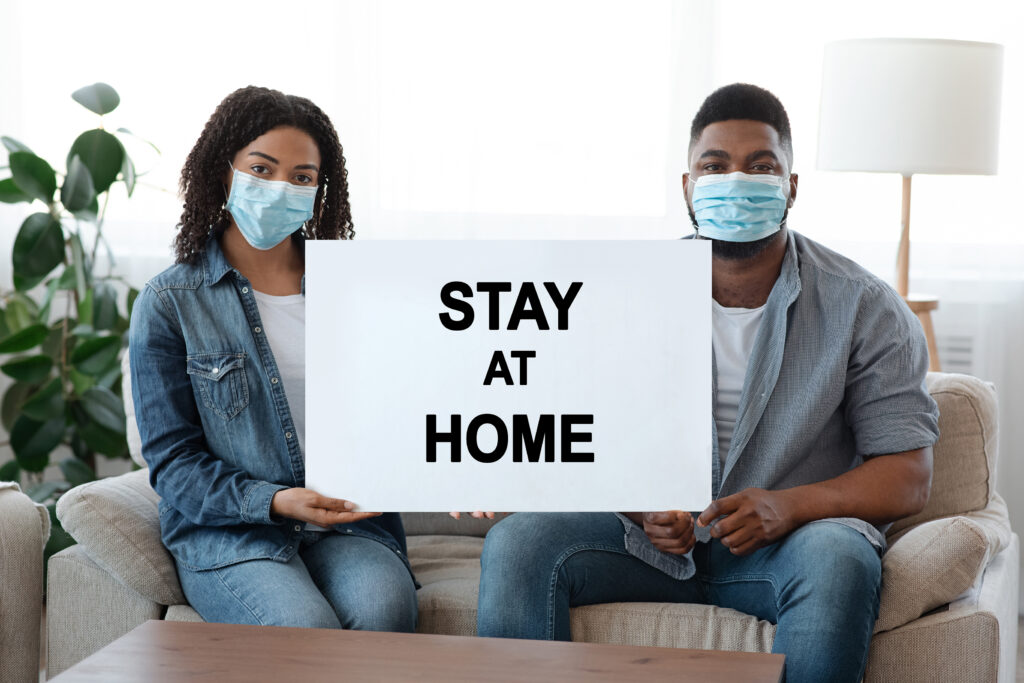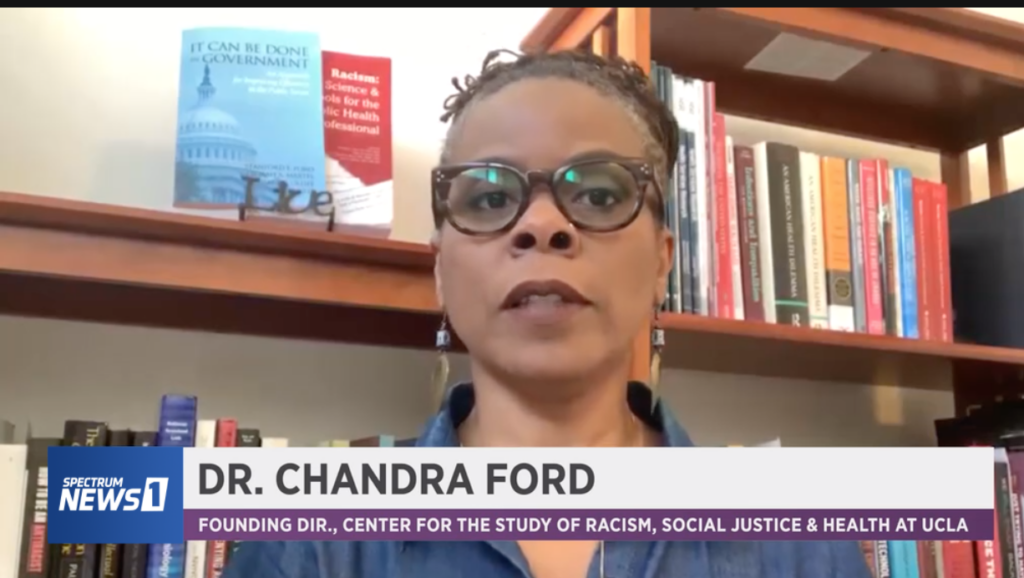Black Women Founders Bring COVID-19 Screening Stations to Schools, Offices, Prisons and More
With COVID-19 infections topping more than 2.2 million in the United States, Black and Brown communities continue to be among the hardest-hit populations in the country. The coronavirus pandemic has brought to the forefront the vital need for ongoing temperature monitoring as a first line of defense, in fact, in some states, certain employers are required to conduct routine onsite temperature checks as a permissible screening mechanism.
“We are thrilled to be working with such a respected team of engineers and software developers to expand our company’s capability and assist in reducing the risk of the spread of the virus,” says Lynda. Their Maryland-based company will sell these temperature screening stations under their own brand called Orange ThermoControl™ and Orange ThermoControl Plus™ powered by Promobot.
“These stations are game-changers and have the ability to impact a lot of people by bringing this safety solution to the masses,” says Carolyn.
Their devices are free-standing and offer a non-contact thermal temperature reader, camera, 21.5″ display, face recognition module, access control system module, advance notification system, built-in speakers for audio assistance, and customizable software integration. The stations provide a fast, convenient, contact-free process for measuring body temperature and allows communication between user and remote operator with privacy in mind. Telepresence mode is an advanced notification system able to integrate with a company’s CRM access control systems and satisfies ADA standards for accessible design.
Even more, Orange ThermoControl™ and Orange ThermoControl Plus™ powered by Promobot are programmed and assembled in the USA. Installation consists of three quick steps and does not require any prolonged commissioning.
“We see our products as a necessary enhancement to safety protocols to assist with the health and well-being of people everywhere. There is no need to take a chance and risk your staff and employees’ exposure to COVID-19 when we have the solution,” they add.






